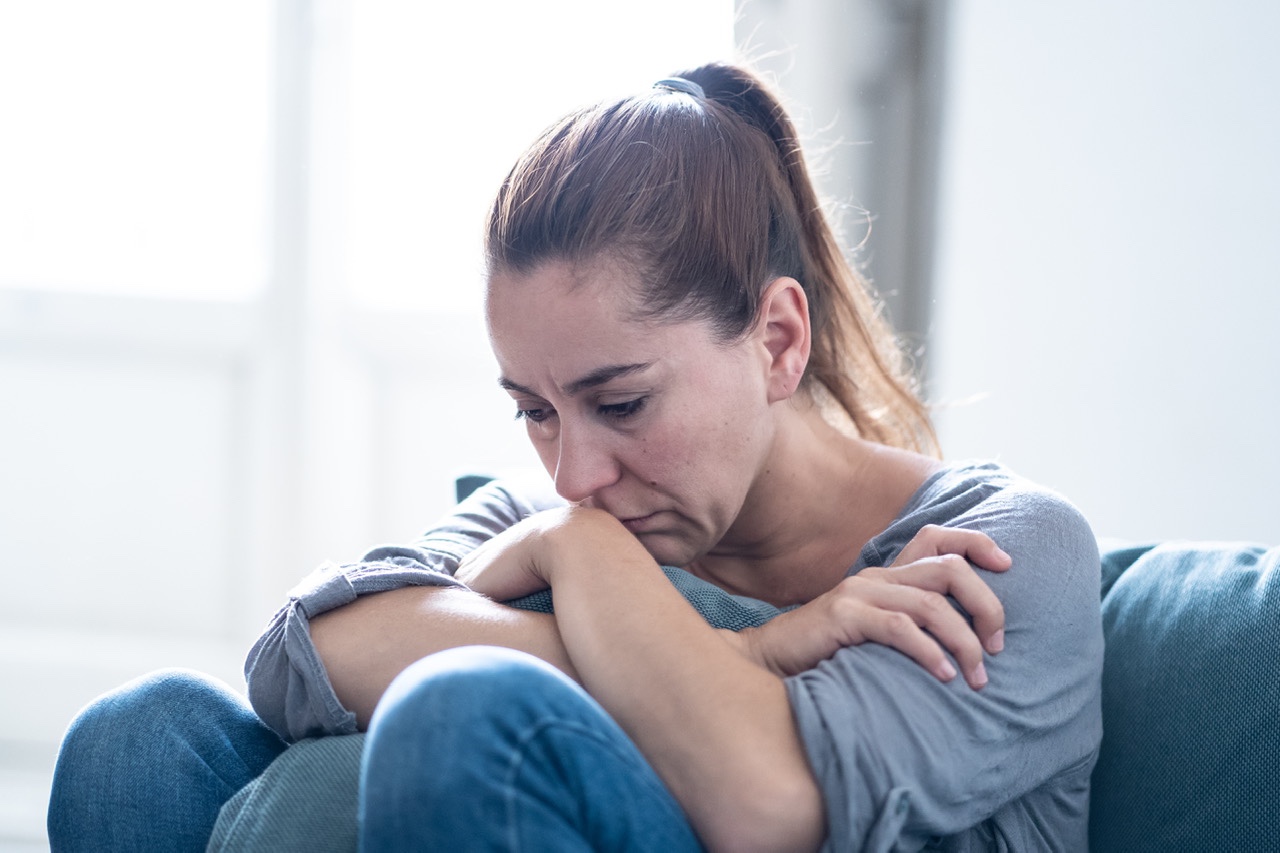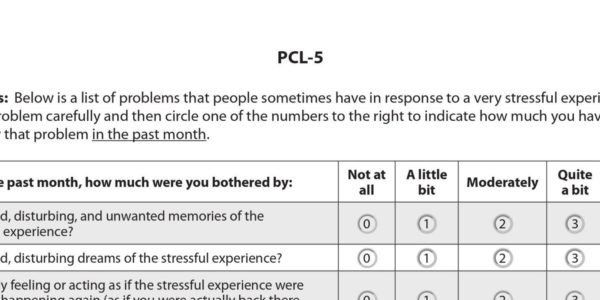LISTEN TO THIS ARTICLE:
Update: The Fall of Roe v. Wade
On June 24, 2022, 50 years of federal protections for abortion ended. In the next weeks and months, millions of women around America will systematically lose their bodily autonomy as “trigger laws” banning abortion take effect in conservative states. Already, access to abortion has disappeared in Texas, Oklahoma, Louisiana, Arkansas, Mississippi, Missouri, Tennessee, Kentucky, North Dakota, South Dakota, Wyoming, Idaho, and Utah. Women’s reproductive rights are in peril in many other states, too. Those include Arizona, Wisconsin, Florida, Alabama, Georgia, Ohio, West Virginia, Michigan, Montana, and Indiana.
To all the people reading this who have or could bear children, I am truly sorry for this disgusting destruction of privacy and personal rights. The implications for women’s health are not good, especially with respect to survivors of sexual assault and rape. Although many of the states with abortion bans retain exceptions for rape and incest, they have difficult criteria to meet. These circumstances are hardly sympathetic to women who have just gone through this trauma, but the people in charge seem callous to this.
In response to all this, numerous other cities and states quickly declared themselves “sanctuaries.” They promise to support and protect women who come from other states seeking care. You can use https://www.abortionfinder.org/ to locate the clinic closest to you even if you live in a state where they are banned. However, it’s likely that you may not even need to travel. Most abortions in the first 12 weeks of pregnancy can be managed at home with pills prescribed remotely online and delivered discreetly by mail. You can find abortion pills here: https://www.plancpills.org/.
The Frightening Frequency of Rape
Any description of rape’s effects pales in comparison to actually experiencing the violation, the dehumanization, and the life-long trauma that rape survivors suffer. Rape and the fear of being raped create for women a persistent wariness. Women feel they need to always be looking over their shoulders, ready to fight back against such a brutal attack.
One in six American women will be the victims of rape at some point in their lives. In 2017, just under a hundred thousand women reported being raped, the highest number in over 20 years. Unfortunately, only a quarter of victims report the rape to the police. As a result, that means the true number is sadly much, much higher.
One in six American women will be the victims of rape at some point in their lives. Unfortunately, only a quarter of victims report the rape to the police.
The emotional fallout
Survivors of rape suffer an avalanche of exhausting emotions. Many blame themselves, and society’s expectations about dress and behavior can reinforce this. Feelings of shame and guilt can haunt them for months or even years later. Many women, especially those who don’t report the rape, feel incredibly alone, like no one else understands what they are going through (even though so many other women actually do).
Most rape survivors immediately develop Rape Trauma Syndrome, a constellation of physical and emotional effects of the rape, and one-third of them will eventually develop Post Traumatic Stress Disorder. Women feel tense, anxious, and hyper-alert to possible threats. Many try to avoid thinking about the rape and fill their minds with distractions. Rarely is this enough to prevent the disturbing flashbacks and nightmares that are all too common. They may avoid sex, intimacy, and relationships for a long time after as well. Although, for complex reasons, some may become more sexually active. Some seek a temporary escape with drugs and alcohol, which can lead to addiction in up to 20% of them. About 30% fall into major depression, and one-third of rape survivors consider suicide.
Rape-related pregnancy
A key to better psychological outcomes is choice. Women are deprived of choice when they are raped. They resent others for attempting to control their choice about the pregnancy.
Pregnancy results from a single episode of unprotected sex about 5% of the time on average. There is absolutely no difference in the chances of getting pregnant whether the sex is consensual or rape. Statistics show that of the women who get pregnant from rape, about half choose to have an abortion, over one third continue with the pregnancy, and the rest end in miscarriage.
Women who become pregnant from rape face one of the most difficult choices of their lives. That is whether to abort or continue the pregnancy (whether that choice is legal where they live or not). However, oftentimes they have no choice if they find out they are pregnant too late for an abortion. They also might live in a place where abortion is not accessible. The current debate in our country over abortion – with certain states attempting to ban abortions even in the case of rape and incest – brings to light a question. What happens to the survivors of rape who get pregnant and carry the pregnancy to term?
Children of rape
At least 12,000 children are born to women each year in the United States when they choose to continue pregnancies from rape. Some estimates are twice as high. These mothers struggle with telling their children how they were conceived. When they do tell them, it can be crushing and have lasting effects on the mother, the child, and their relationship.
Raising these children can be a constant reminder of the rape. Even worse, it can lead to an emotional divide between mother and child from birth. However, some women may see getting an abortion as an additional violation. Instead, they see the child as a positive outcome from a terrible experience. A key to better psychological outcomes is choice. Women are deprived of choice when they are raped and resent others for attempting to control their choice about the pregnancy.
At least 12,000 children are born to women each year in the United States when they choose to continue pregnancies from rape. Some estimates are twice as high.
After a child is born, some rapists will have the audacity to try to assert their parental rights. This tears open the emotional wounds of rape and make women feel violated and powerless all over again. Forty-three states have laws that nullify the parental rights of rapists. However, 20 of those require a criminal conviction for the rape, which is an all too rare occurrence. Seven states, including some of those attempting to completely ban abortion like Alabama and Mississippi, have no laws at all to prevent rapists from seeking custody.
Rejected by others
In many cultures around the world, children born from rape face a society that looks down on them as unwanted. The war in the Darfur region of Sudan, where rape was used as a widespread weapon of war, is home to thousands who were conceived by rape. People call them the “Devil’s children”, after the name given to the people committing the rapes – “Devils on horseback”. They also face ethnic discrimination because their appearance resembles that of the rapist’s and reminds others of the people who committed the genocide there.
Honor killings
In some cultures, women who become pregnant from rape face the threat of violence and death. These so-called “honor killings” come from an unlikely source: their own families. In cultures that tie a family’s ‘honor’ to the chastity and virginity (prior to marriage) of the women, the men of the family will murder them to avoid shame. Occasionally, the women may even kill themselves first.
Though honor killings have occurred in westernized countries, including the United States, they are not the norm. Instead, women are sometimes encouraged by their families to have abortions or give the babies up for adoption. An abortion can feel like another violation, another invasion of their bodies. However, it can also offer empowerment, a way to free themselves from the situation a rapist has forced upon them.
Whichever choice they make, most women make it in silence, without reporting the rape to the police or to anyone else. One in 5 survivors of rape does not report it because they fear they rapist will take revenge. Sadly, 1 in 10 women don’t think the rape was important enough to report at all. Thirteen percent of survivors do not believe the police will do anything. Sadly, they aren’t wrong: only 2% of reported rapists go to jail.
#MeToo
However, there is hope. The last two years have seen the rise of #MeToo, a cultural movement encouraging women to speak out about their experiences with rape and sexual assault. This has coincided with increased numbers of reported rapes. Moreover, many women are publicly coming out about sexual harassment and rape by high profile, powerful men. When any woman speaks the truth about her experience, it makes the world a safer place for others to come forward as well.
If you have experienced sexual assault or rape, call the National Sexual Assault Hotline: 1-800-656-4673. It is operated by RAINN (Rape, Abuse, and Incest National Network). This hotline can connect you with a wealth of medical, legal, and mental health support services to help you through this trying time. You can also find mental health resources through our provider finder and explore any symptoms you have in our symptom checker.


 Learn
Learn ID Symptom
ID Symptom News
News Find Help
Find Help
 Share
Share
 Share
Share
 Share
Share
 Share
Share



